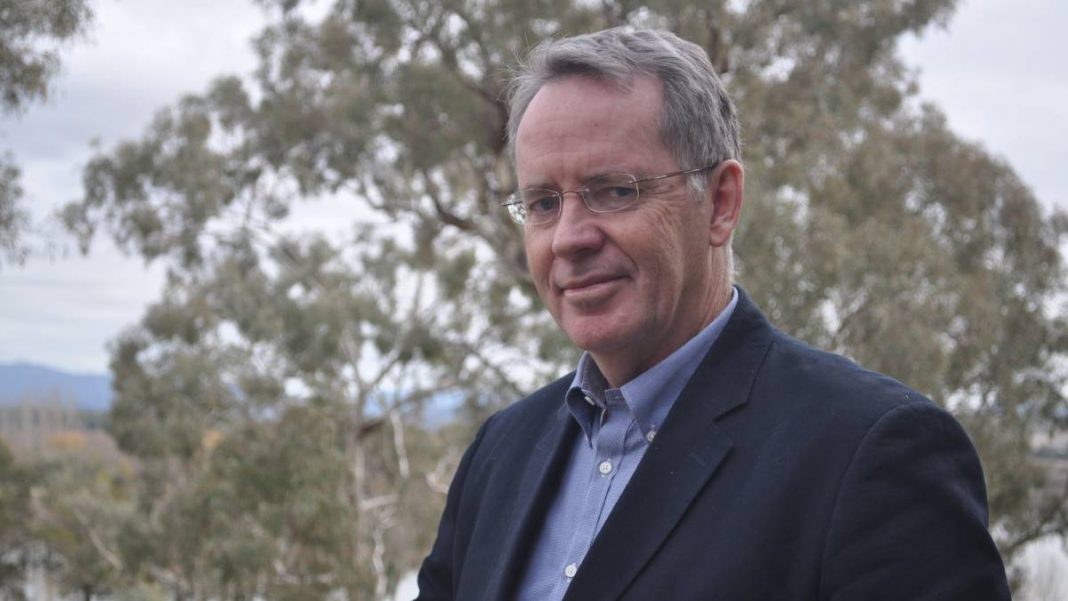It’s sometimes claimed that Australia is a nation of “lifters and leaners”, and more people are not paying any taxes, but these allegations are not on the money, according to new analysis from the Australian National University (ANU).
Politicians, media, and some free-market think tanks have argued that a growing share of Australians now receive more in government benefits than they pay in taxes, and that welfare should be cut.
But according to Professor Peter Whiteford, a social policy expert at the Crawford School of Public Policy, claims that Australia’s tax and welfare system are too generous come down to commentators failing to understand what the statistics actually mean and how social security and taxation systems are designed to work.
“The statistics are reliable. What we can’t rely on is people interpreting them correctly,” he said.
Over the last decade, Professor Whiteford said, anti-welfare rhetoric had “ratcheted up”. This included claims that in Australia, more than half of all workers pay no net income tax.
“A lot of this rhetoric is used to justify austerity measures,” he said. “But, if you actually look at the statistics behind these kinds of claims, the data doesn’t mean that welfare is unsustainable, or that there are a lot of freeloaders on others.”
Professor Whiteford examined statistics comparing the ‘taxed’ and the ‘taxed not’ – the number of people who pay more tax than they receive in government benefits versus those who receive more in benefits than what they pay in tax.
He found that compared to OECD countries, Australia was no exception when it came to the number of Australians who are taxed versus taxed not.
In fact, he said, the statistics show the share of people who are taxed and taxed not is remarkably similar, regardless of how progressive a country’s tax and welfare system is.
“For example, the share of the population who are net taxpayers is about the same in Sweden as it is in the United States and Australia, even though social security spending is nearly 3.5 times as high in Sweden as in the USA, and household taxes are nearly twice as high in Sweden as in Australia.”
Professor Whiteford said any progressive system of taxes and spending must produce a “cross-over” point where increasing taxes for higher incomes are greater than benefits received. In addition, the statistics also reflect people’s changing life circumstances and journeys.
“Most people aged over 65 were net taxpayers when they were of working age, so classifying them as taxed nots fails to take account of any contributions they made earlier in life,” he said.
“It makes little sense to classify retired households as taxed nots, since by definition they have contributed taxes in the past.
“In fact, some of the wealthiest people in Australia could be considered taxed not. For example, people who receive franking credits. By definition, this very small group of high-wealth individuals pay no income tax and get a credit for company tax.
“These examples reinforce the conclusion that those using these numbers do so because they perceive them as convenient to their arguments, rather than understanding the practical realities of the design of social security and taxation.”
Professor Whiteford said commentators could take some inspiration from pop culture before launching into claims about Australia’s growing number of taxed nots.
“It’s like that classic line in the film The Princess Bride, where one character keeps using the word ‘inconceivable’ in the wrong context,” he said.
“Another character tells them ‘You keep using that word. I don’t think it means what you think it means’.
“It’s the same with the use of statistics on the taxed versus the taxed nots; commentators keep using that number. I don’t think it means what you think it means.”
It’s a handy hint that shouldn’t be too taxing to remember.
The study is published in the Australian Journal of Social Issues.
Get all the latest Canberra news, sport, entertainment, lifestyle, competitions and more delivered straight to your inbox with the Canberra Daily Daily Newsletter. Sign up here.



